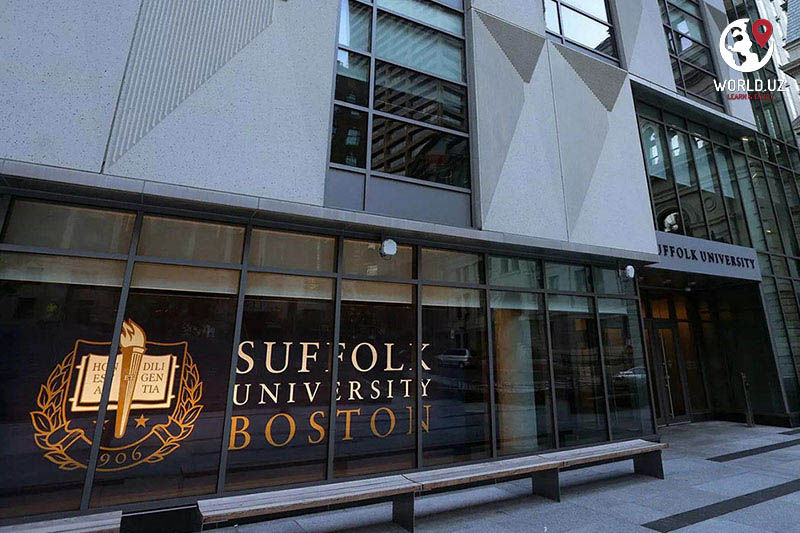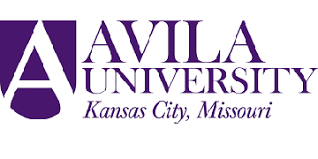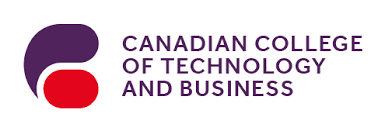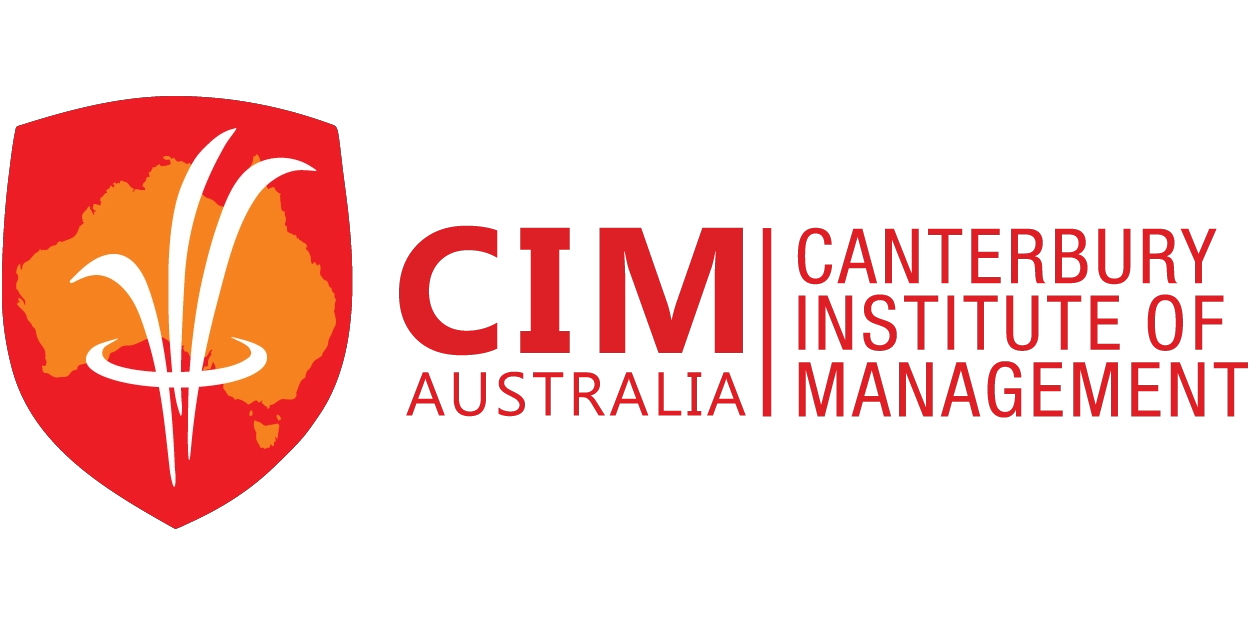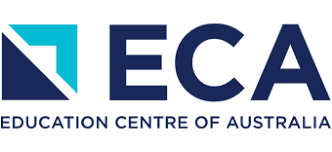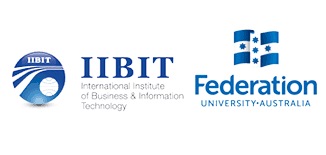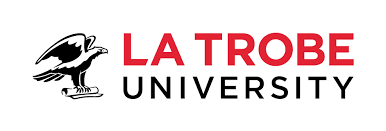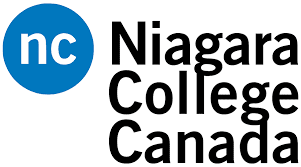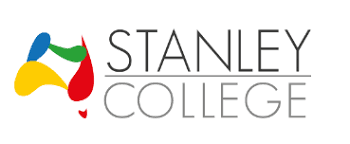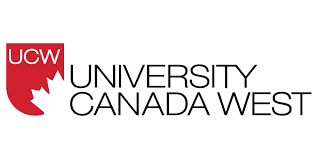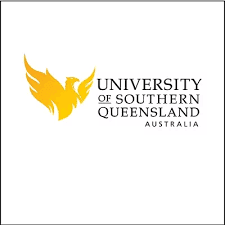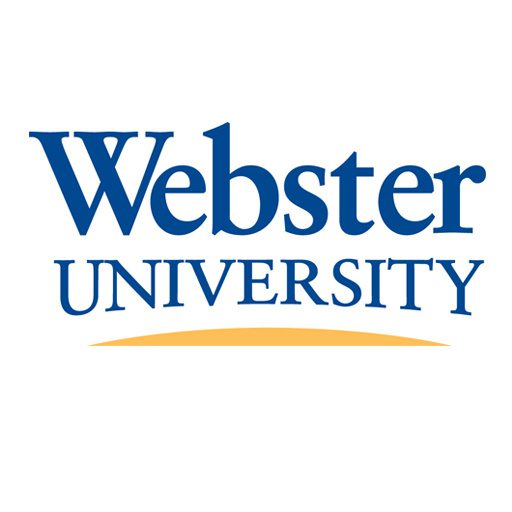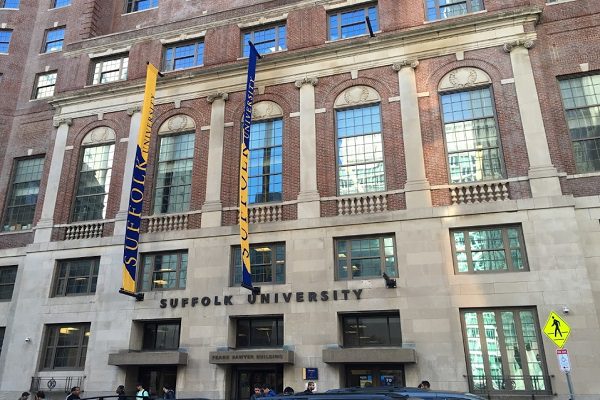
About Suffolk University
Suffolk University, established in 1906 and nestled in the heart of Boston, Massachusetts, stands as a distinguished private institution offering a diverse array of undergraduate, graduate, and professional programs. The university’s central location in downtown Boston provides students with unparalleled access to the city’s cultural and professional resources. Suffolk is renowned for its Sawyer Business School, offering business-related programs, and its esteemed Law School, one of the oldest in the United States, emphasizing experiential learning. The university’s commitment to global engagement is evident through study abroad programs and an international campus in Madrid, Spain. Suffolk University values diversity and inclusion, fostering an environment that encourages students from various backgrounds. With a focus on experiential learning, research opportunities, and community engagement, Suffolk University provides a holistic educational experience in a dynamic urban setting.
